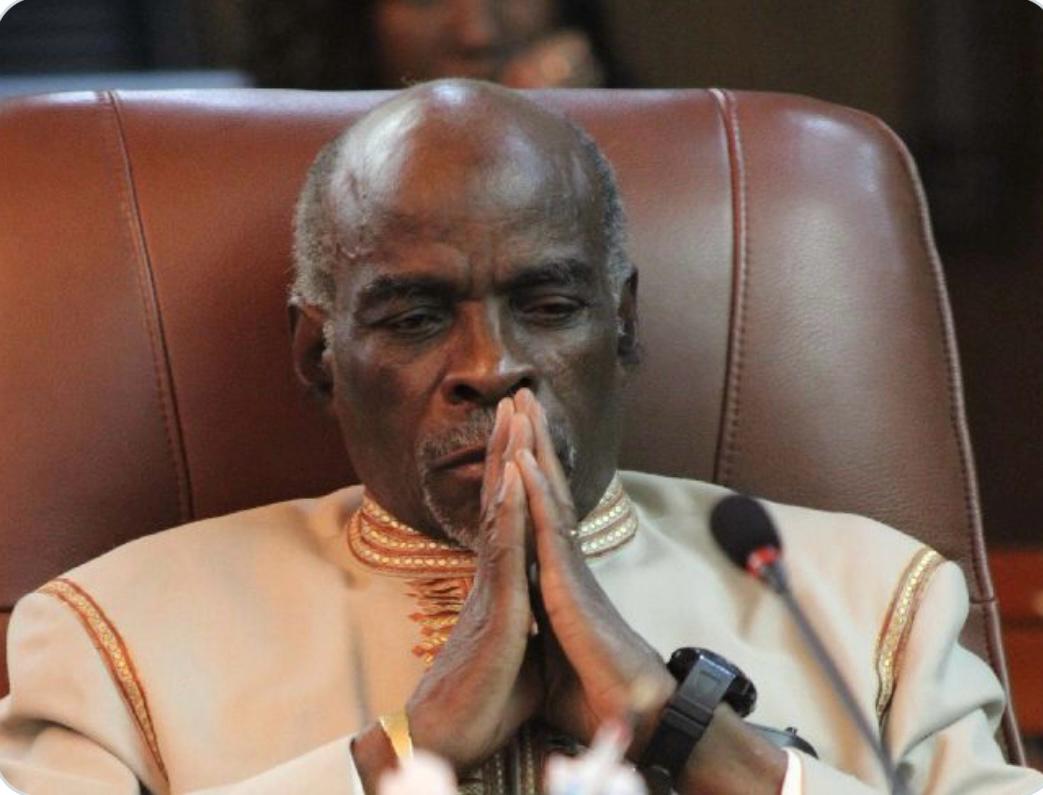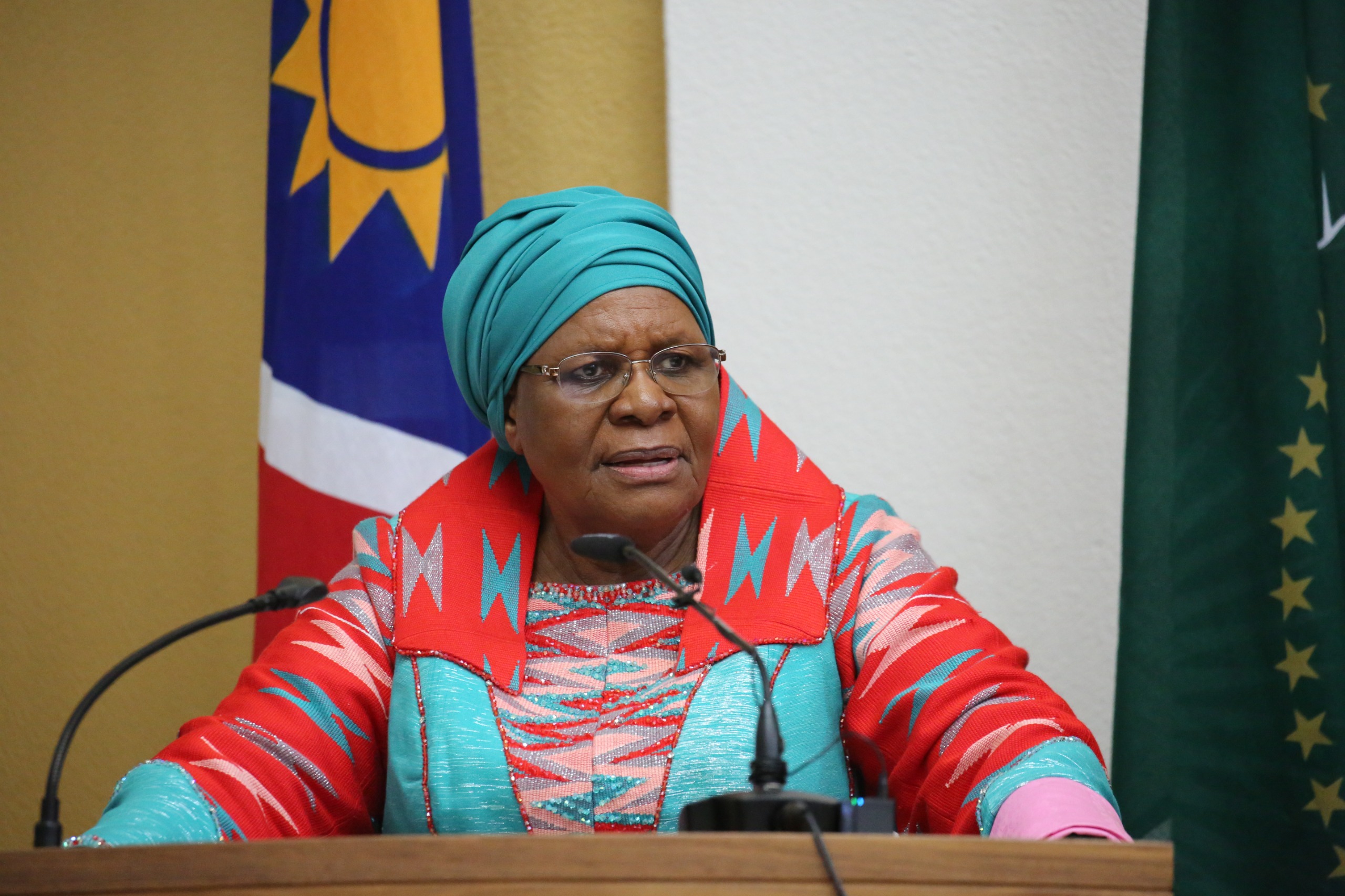The Namibian Employers’ Federation (NEF) is pushing for the postponement of the implementation of the national minimum wage, currently scheduled for 1 January 2025.
The Wages Commission and Labour Advisory Council recommended a minimum 12-month adjustment period following the official announcement of the N$18 national minimum wage earlier this year.
However, the NEF argues that certain sectors will need more time to ensure a sustainable transition.
“The NEF fully supports the principle of a national minimum wage.
However, immediate implementation without adequate adjustment time will cause irreparable harm to businesses, particularly in vulnerable sectors,” said NEF president Elia Shikongo yesterday.
“The phased-in sectoral approach we propose ensures fair wages while giving employers the time and space they need to align with the requirements sustainably. This solution aims to safeguard employment opportunities while promoting the welfare of workers in a sustainable manner,” said Shikongo.
The NEF has since submitted a proposal to labour minister Utoni Nujoma proposing a phased-in approach to implementation, allowing additional time to comply with sectors under financial strain, such as agriculture, retail, security, hospitality and domestic work.
Under the proposed plan, resilient sectors would implement the minimum wage sooner, while vulnerable industries would have until 1 January 2027 to achieve full compliance.
According to the NEF, employers in labour-intensive industries warn that immediate implementation of the national minimum wage could lead to retrenchments, cutbacks and closures, undermining its goals.
The federation’s suggestion involves a 2025 sector-specific impact analysis, a gradual roll-out in 2026, starting with resilient industries like financial services, and full compliance by 2027 for vulnerable sectors.
The NEF calls on the labour ministry to provide urgent clarity on the implementation timeline, and to consider adopting the phased-in sectoral approach to avoid unintended consequences.
“The NEF remains committed to engaging constructively with all stakeholders to find a solution that ensures worker welfare, business sustainability and economic stability.
Employers and employees alike deserve a practical, well-implemented policy that benefits all parties without risking job losses or closures,” the NEF noted.

EMPLOYER ENTITLEMENT
Meanwhile, labour expert Herbert Jauch says the NEF’s concerns only represent the interests of employers.
“This represents only the views of employers, who seem to feel entitled to continue the low wage practices and threaten with retrenchments once they are compelled to make improvements.”
Jauch says it is very concerning that the federation has called for a postponement of the national minimum wage.
“How does the federation expect workers to survive on such extremely low wages?
This is disappointing, as it amounts to a call to maintain starvation wages.
The federation had ample time to raise its views during the consultations on the minimum wage commission.”
Jauch further says considering inflation, the delay of the minimum wage would serve to reduce the purchasing power of the workers.
“The minimum wage is moderate, and if its implementation is delayed by one to two years, inflation will already have reduced its purchasing power.
The minimum wage thus needs to be increased annually to cover inflation. The NEF does not even consider this aspect,” Jauch adds.
Stay informed with The Namibian – your source for credible journalism. Get in-depth reporting and opinions for
only N$85 a month. Invest in journalism, invest in democracy –
Subscribe Now!










